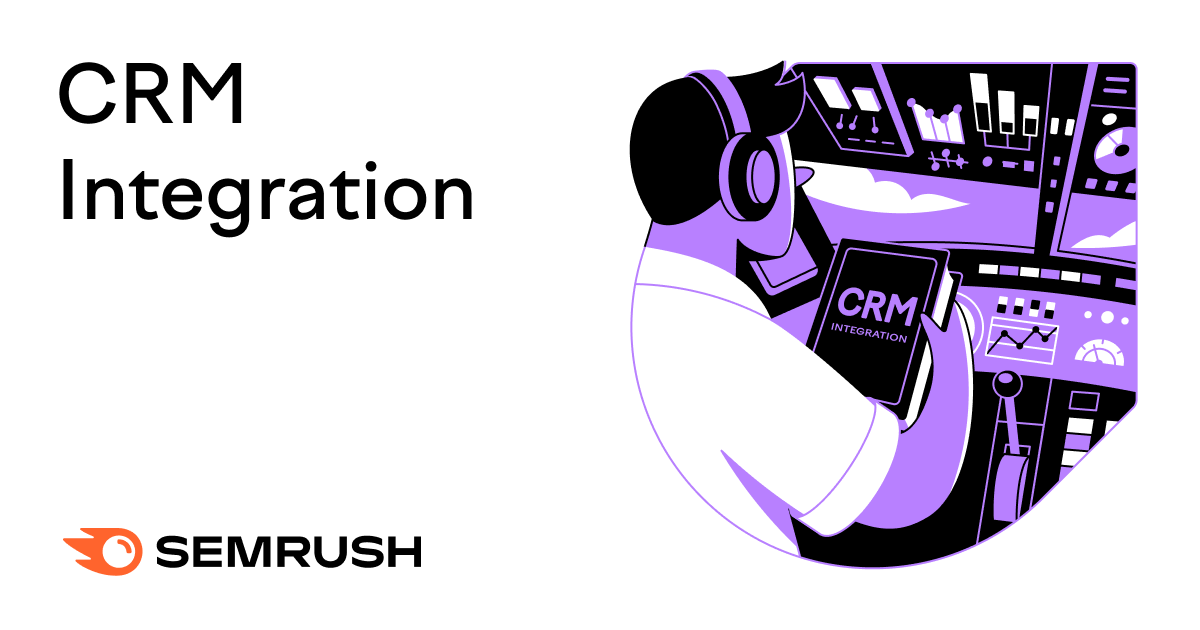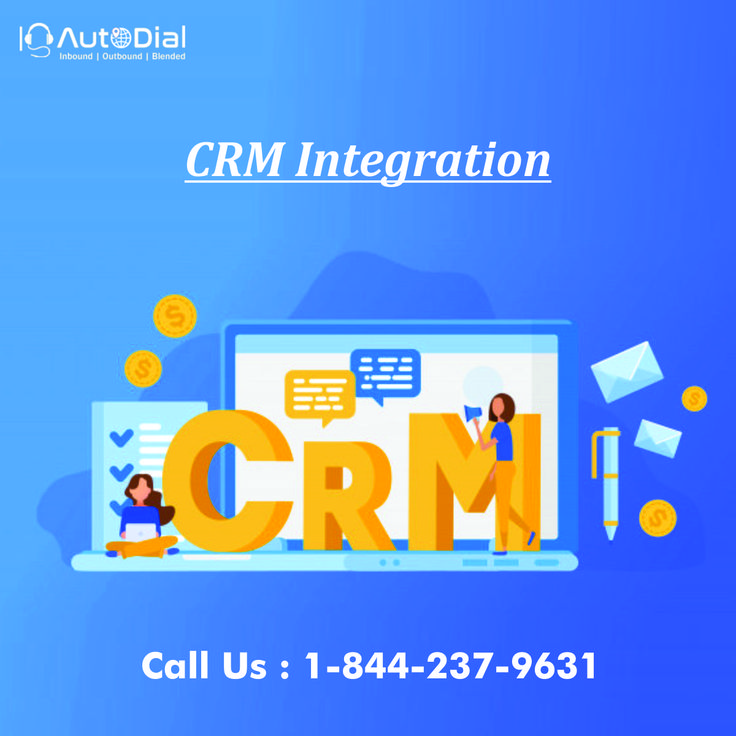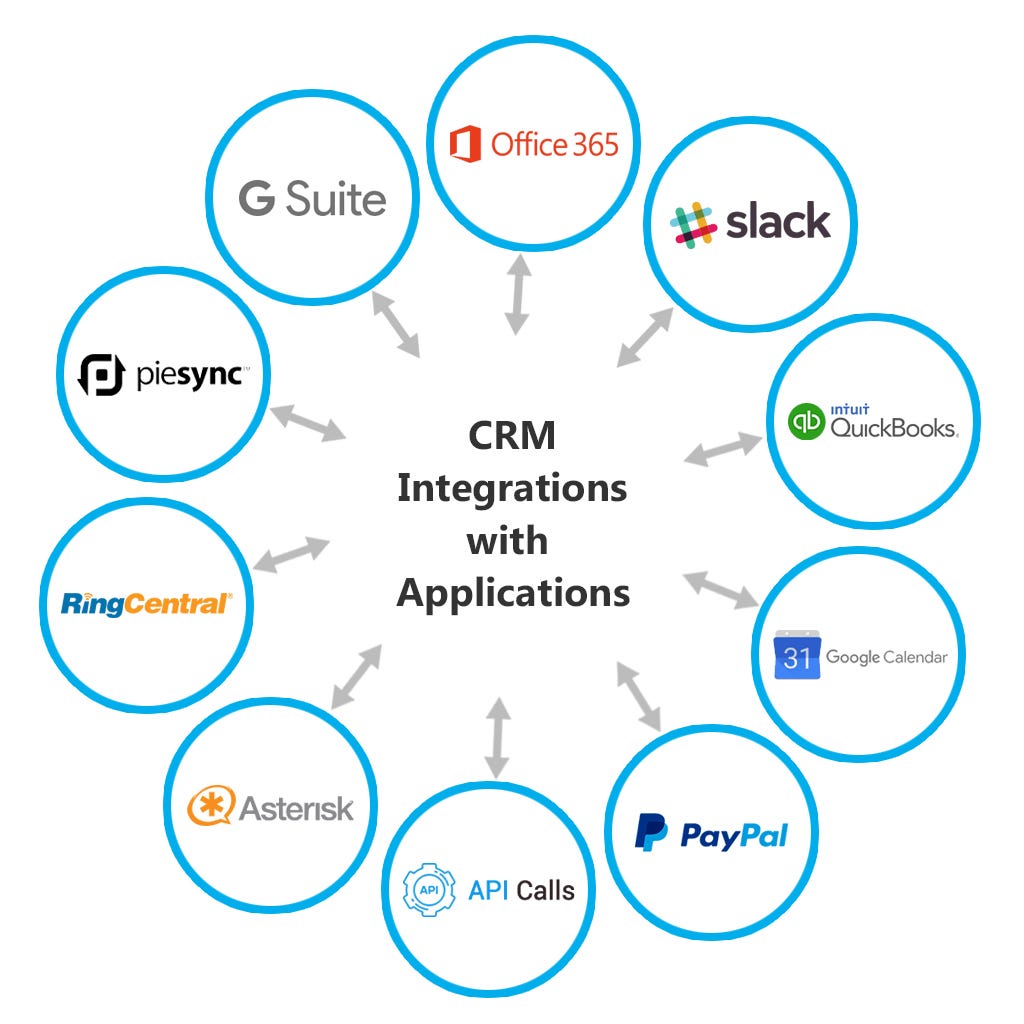Crm Integration Solutions
CRM integration solutions play a vital role in enhancing business operations and efficiency. By seamlessly connecting CRM systems with other tools, businesses can experience a unified approach to customer management. Let’s delve into the world of CRM integration solutions and explore the possibilities they offer.
Overview of CRM Integration Solutions

CRM integration solutions refer to the process of connecting Customer Relationship Management systems with other tools and platforms to streamline data sharing, improve efficiency, and enhance overall business operations.
Integrating CRM systems with various tools is essential for businesses to have a centralized view of customer interactions and data, leading to better decision-making, improved customer service, and increased productivity. By syncing CRM with other applications, organizations can eliminate manual data entry, reduce errors, and ensure a seamless flow of information across different departments.
Common CRM Integration Solutions
- Integration with Email Marketing Platforms: This allows businesses to sync customer data between CRM and email marketing tools, enabling targeted and personalized email campaigns based on customer behavior and interactions.
- Integration with E-commerce Platforms: Connecting CRM with e-commerce platforms enables businesses to track customer purchases, preferences, and behavior, providing a holistic view of the customer journey and facilitating personalized marketing strategies.
- Integration with Customer Support Software: Integrating CRM with customer support tools ensures a seamless flow of information between sales, marketing, and support teams, leading to a more cohesive customer experience and faster issue resolution.
- Integration with Social Media Platforms: By integrating CRM with social media platforms, businesses can monitor customer interactions on social channels, track sentiment, engage with customers in real-time, and gather valuable insights for targeted marketing campaigns.
Types of CRM Integration Solutions

When it comes to CRM integration solutions, there are different options available to businesses looking to streamline their processes and improve efficiency. Let’s explore the various types of CRM integration solutions and their benefits.
On-Premise vs Cloud-Based CRM Integration Solutions
On-premise and cloud-based CRM integration solutions are two popular choices for businesses. Here is a comparison of the two:
- On-Premise CRM Integration Solutions: These solutions require the software to be installed and maintained on the company’s own servers. They offer a high level of customization and control but can be more costly and time-consuming to implement.
- Cloud-Based CRM Integration Solutions: These solutions are hosted on the cloud, eliminating the need for on-site servers. They are typically more cost-effective, scalable, and easy to implement. However, they may have limitations in terms of customization.
Benefits of Pre-Built vs Custom Integration Solutions
When choosing CRM integration solutions, businesses also have the option of using pre-built solutions or opting for custom integration. Here are the benefits of each:
- Pre-Built Integration Solutions: These solutions are ready-made and can be quickly deployed, saving time and resources. They are cost-effective and often come with built-in best practices. However, they may not fully meet the unique needs of every business.
- Custom Integration Solutions: Custom solutions are tailored to the specific requirements of the business, offering maximum flexibility and functionality. They can provide a competitive edge and align closely with business processes. However, they are more expensive and time-consuming to develop.
Factors to Consider When Choosing CRM Integration Solutions
When selecting CRM integration solutions for your business, it is crucial to consider various factors to ensure that you choose the right option that aligns with your needs and goals. Factors such as scalability, security, and data privacy play a significant role in determining the effectiveness of CRM integration solutions.
Scalability of CRM Integration Solutions
Scalability is a key factor to consider when choosing CRM integration solutions, especially for growing businesses. It is essential to select a solution that can accommodate the increasing volume of data and users as your business expands. A scalable CRM integration solution allows you to easily adapt to changes in your organization’s size and requirements without having to switch to a new system.
Security and Data Privacy
Security and data privacy are paramount considerations when selecting CRM integration solutions. The protection of sensitive customer data and confidential business information is crucial to maintaining trust with your customers and complying with data protection regulations. Ensure that the CRM integration solution you choose offers robust security features, such as encryption, access controls, and regular security updates to safeguard your data.
Best Practices for Implementing CRM Integration Solutions

Implementing CRM integration solutions can be a complex process that requires careful planning and execution. Here are some best practices to ensure a successful implementation:
1. Define Clear Objectives and Requirements
- Clearly define your objectives and requirements for CRM integration.
- Identify key stakeholders and involve them in the planning process.
- Ensure alignment between business goals and CRM integration objectives.
2. Choose the Right Integration Approach
- Evaluate different integration approaches such as pre-built connectors, custom development, or middleware solutions.
- Select the approach that best fits your organization’s needs and capabilities.
- Consider scalability, flexibility, and ease of maintenance when choosing the integration approach.
3. Plan and Execute Thorough Testing
- Develop a comprehensive testing plan that covers all integration points and scenarios.
- Conduct thorough testing to identify and address any issues or bugs before going live.
- Involve end-users in the testing process to ensure the integration meets their needs and expectations.
4. Provide Training and Support
- Offer training sessions to educate users on the new CRM integration solution.
- Provide ongoing support to address any user questions or issues post-implementation.
- Encourage feedback from users to continuously improve the integration solution and user experience.
5. Monitor Performance and Measure Success
- Establish key performance indicators (KPIs) to measure the success of the CRM integration.
- Regularly monitor performance metrics and KPIs to track the impact of the integration on business outcomes.
- Use data and analytics to identify areas for improvement and optimization in the CRM integration solution.
FAQ Summary
How do CRM integration solutions benefit businesses?
CRM integration solutions enhance efficiency, streamline processes, and provide a unified view of customer data across various platforms.
What factors should businesses consider when choosing CRM integration solutions?
Businesses should consider scalability, security, data privacy, and the specific needs of their organization when selecting CRM integration solutions.
What are the different types of CRM integration solutions available?
There are on-premise and cloud-based CRM integration solutions, each offering unique advantages based on the business’s requirements.






